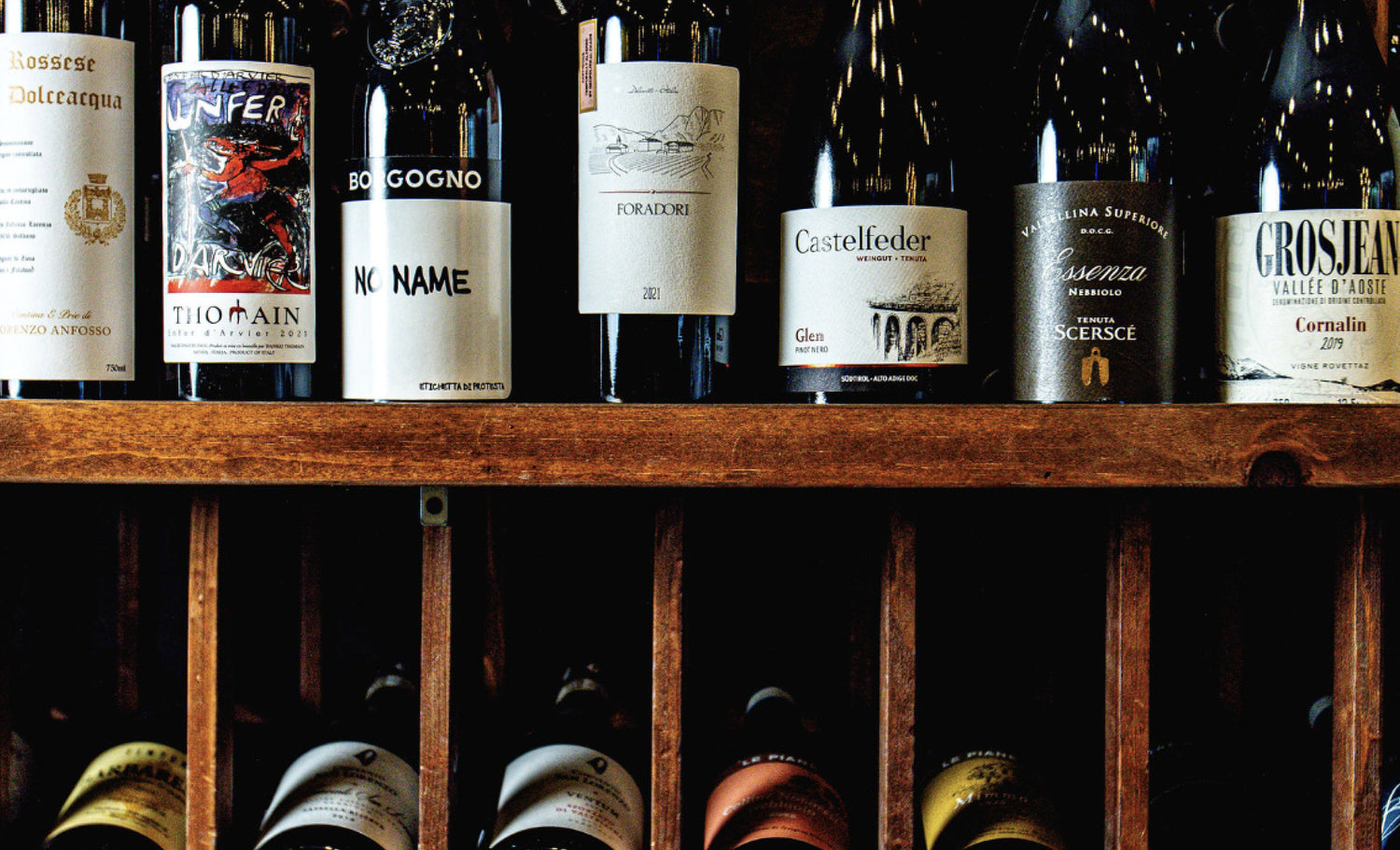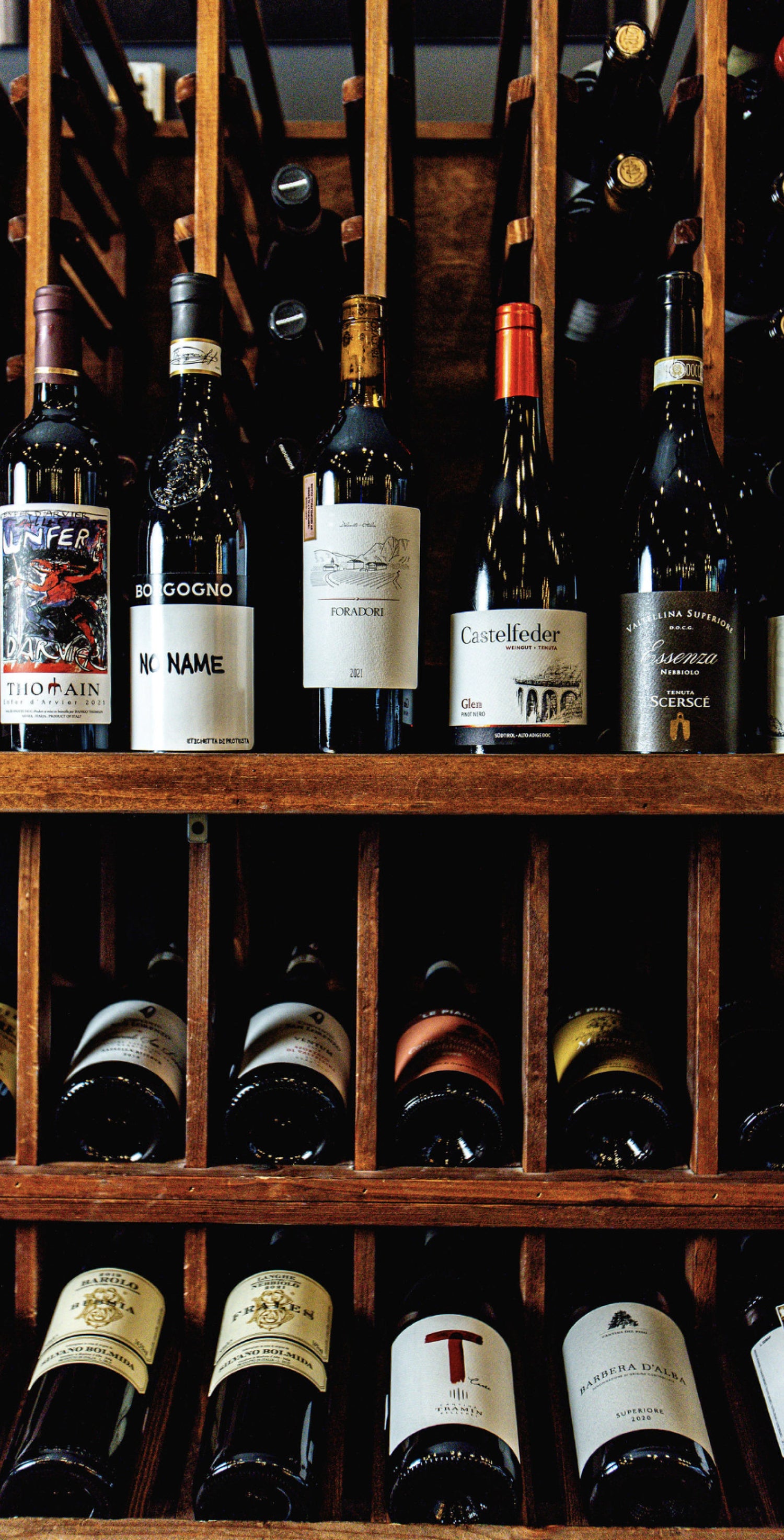From our importer: Right at the edge of Brittany, Domaine de la Pépière is located in the village of Maisdon-sur-Sèvre. Marc, who grew up in the hamlet of La Pépière, created the estate in 1984. The name La Pépière has its root in the word pépie, which means thirst. When you walk above the hamlet, on the slopes where vines are planted, it is easy to understand why the place got that name.
Solid rock is visible in many spots, the terrain is very dry and stony and water has always been a rare commodity here. In the past, the several wells in the hamlet did not supply enough water for the people or their farm animals. Marc’s family well gives 10 liters of water per day in summer; perhaps this is the reason residents came to build a reputation as excessive wine drinkers? In any case, vines have long occupied most of the slopes above the hamlet and the river.
Over the years, Domaine de la Pépière has grown by acquiring new plots, carefully chosen for the age of their vines and the quality and originality of their terroirs. We want our vines to get the best possible care, so our attention to their treatment is foremost in our minds.
We believe that the quality of a wine depends entirely on the quality of the grapes it was made with, and our work methods fit our philosophy perfectly. Rémi joined the estate in 2007, and actively worked on the organic conversion of the vines. Gwénaëlle, who came in 2013, has pushed things further with a shift towards bio-dynamic viticulture. It is the complexity of the terroirs of Sèvre et Maine that guides our choices. We are happy to share this diversity with you.
From our beginnings, our only goal has been to express Muscadet’s terroir under all its different guises.
Early on, Marc identified a particular plot by noticing that “wines I had aged in old barrels had different tastes. With a glance at a geological map, I understood“. This is how the cuvée of Clos des Briords came to be: from a plot of old vines growing on granite.
In 2006, we were able to acquire a beautiful parcel, les Gras Moutons. Located on top of a small hill at the edge of the Maine River, where the wind always blows, the vines of Melon de Bourgogne were thriving on a soil of gneiss.
From the onset, we also understood that to express terroir (soil, micro-climate, exposure, etc.) we needed good viticultural practices. Just one example: we have always harvested by hand.
Modern techniques, particularly enological additives, allow a winemaker to change, correct and adjust any aspect of his/her wine. We chose not to take that path, and our minimal intervention in the cellar guides our choices in the vineyards.
We have been striving for years to get grapes of the highest quality. We’ve developed a treillissage on three wires in order to achieve the best ripeness possible through more foliage, which enrich the berries in sugar.
This technique, along with short pruning, ensure that we don’t have to chaptalize (add sugar to the juice) in the cellar. Fermentation occurs naturally, thanks to the yeast of the grape skins.
In 2006, opted to instead merely plow and lightly rake the soil with no soil additives or spraying. In 2007, we took our organic work a step further by treating our vines only with copper, sulfur and several plant-based preparations. We harvest nettles, comfrey and horsetail along the Maine River and use these plants by steeping them, fermenting them or in the form of decoctions.
We use biodynamic preparations to reinforce our vines against disease and help the micro-biological life of the soils. The whole estate is certified in organic vitculture and is in transition to a biodynamic certification.
In the early 2000s, groups of Muscadet winemakers started defining particularly interesting plots and chose to emphasize the variety of terroirs in the region. We’ve been there since the beginning, and made our first bottling of Clisson in 2005, from a vineyard with a subsoil of well-draining granite.
A few years later, in 2009, we made Château Thébaud from a subsoil of granodiorite (a type of granite made up of amphibolite, mica and a lot of quartz and white feldspar.) In 2013, we harvested our first cru Monnières-Saint Fiacre, a gneiss terroir. And in 2014, we produced our first cru Gorges from a gabbro terroir (gabbro is a volcanic rock that contains feldspar with sodium and calcium, and pyroxene, which is a volcanic silicate.)
These cru wines stay on their lees for 2 to 4 years. During the aging, the dead yeast that makes up the lees turns into glycerol and other aromatic components: the wines acquire a round, fat texture, toasted aromas and notes of candied fruit.
Monnieres-St-Fiacre, planted in sandy limestone on gneiss, is the first officially designated cru in Muscadet. Prior to this being a cru, Pépière would occasionally produce this wine as Cuvée Eden and/or it would go into Gras Moutons. Pépière owns 3.35 hectares within the cru. The vines were planted in 1948, 1984 and 1991.

 Shellfish
Shellfish
 Fish
Fish
 Soft Cheese
Soft Cheese


